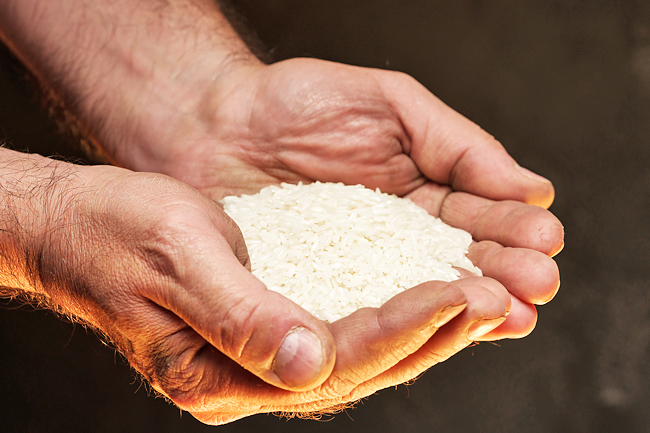PHNOM PENH (BERNAMA) – India’s decision to lift its ban on non-basmati white rice exports would depend on the new paddy harvest season in October. Any policy shift is expected to significantly impact global supply and prices.
The world’s largest rice exporter banned selling non-basmati white rice in the international market in July 2023 to ensure sufficient supply at home and prices remain stable. Authorities also restricted exports of broken rice later in September.
Some industry observers are expecting a bumper harvest due to the return of La Nina this year with sufficient rainfall that could cheer up the farming community. But erratic weather with prolonged rain could damage the crops and spoil their harvest in the next few weeks.
“Lobbyists and bureaucrats are proposing to the government to remove any ban or restriction on rice exports because of the upcoming new season. There is enough stock to feed the people and funds are needed to procure rice in the open market, and additional space is needed to stock them.
“(India) may not lift the ban immediately because any price rise will impact the local people and give rise to inflation. It can only do it after careful study and it is clear of the crop direction,” trading manager Jatin Mahajan at Adani Wilmar, an Indian multinational food and beverage conglomerate based in Ahmedabad, told Bernama in a phone interview.
Indian farmers produce about 40 per cent of the world’s rice supply and ship to about 150 countries.
The government also slapped a 20 per cent export tax on parboiled rice in 2023 fearing the El Nino weather phenomenon would impact rice production which irked the global rice industry as analysts claimed these actions would create a shortage and subsequently lead to prices escalation.
However, there were no restrictions on its famous basmati grain and other rice varieties.
Despite the export ban, India continued selling the grain on a government-to-government basis and to countries based on food security needs. Malaysia was one of the beneficiaries of the friendly arrangement with India to procure 200,000 metric tonnes of non-basmati white rice in August this year.
According to Malaysia’s sole rice importer, Bernas, the nation consumes about 2.5 million metric tonnes of rice a year and produces 1.13 million metric tonnes. To fill the shortage of 750,000 metric tonnes or 30 per cent, rice is imported mainly from India, Pakistan, Thailand and Vietnam.





